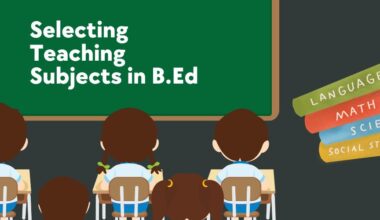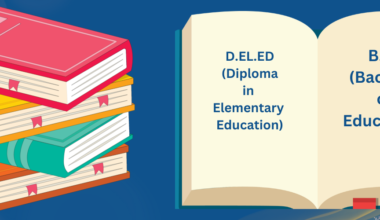We have already analyzed the many benefits of online education. Now, the time has come to cover the opposite side of the coin. There are some major drawbacks to online learning and learning, and these problems are often pushed aside in online discussions. Let’s take a closer look at these problems.
Online education can lead to social isolation
Students participating in the methods of e-learning currently practiced in education have to go through a lack of thinking, contemplation and participation. As a result, many students and teachers who inevitably spend most of their time online may begin to experience signs of social isolation due to the lack of human communication in their lives. Social isolation coupled with a lack of communication often leads to many mental health issues such as elevated stress, anxiety, and negative thoughts.
Solution: There are a few ways to deal with loneliness and social isolation in online learning:
- To promote increased interaction among students online.
- Use of mixed learning environments.
- Monitoring students for signs of social isolation.
Online student feedback is limited
In traditional classrooms, teachers can give immediate feedback to students. Students who are facing problems in the syllabus can solve them either quickly and directly during the lecture. Personal feedback has a positive effect on students, as it makes learning processes easier, richer, and more important, on the other hand, still conflicts with student feedback. Students who complete a regular assessment become dissatisfied when they experience a lack of personal feedback.
Solution: Successful examples of peer feedback systems in online learning, which may be a possible solution to the problem of limited student feedback in e-learning. Additionally, this loss of e-learning is sometimes resolved.
Online Education is limited to certain subjects
Not all academic disciplines are created equal and not all study areas can be used effectively in online education. Right now, at least. E-learning is more suitable for social sciences and humanities, rather than scientific fields like medical science and engineering which require a certain degree of practical experience.
Solution: For some disciplines such as medical education, blended learning can serve as an excellent option for fully online learning. In the case of nursing students,
Online Education lacks face-to-face communication
Many disadvantages of online learning, as well as a lack of face-to-face communication and relationships. Lack of any kind of face-to-face communication with the instructor impedes student response, causes social isolation, and may cause students to feel a lack of pressure. Lack of pressure is a disadvantage in the sense that it causes students to leave their studies more easily.
Solution: In e-learning, face-to-face communication should be replaced by some other mode of communication. For example, video chats, discussion boards, and chat rooms can help deal with the negative effects associated with lack of face-to-face communication during online learning.
Cheating prevention during online evaluation is complex.
Unfortunately, the biggest disadvantage of online education is cheating in various ways. Compared to on-campus students, online students can cheat on assessment more easily as they assess in their own environments and while using their personal computers.
Solution: To protect the authenticity of online education, anti-cheating measures should be implemented by any online education institution. The Anti-cheating tools currently popular to used in online education are online proctoring systems such as examinations, which use various anti-cheating measures such as automatic ID verification and machine learning to detect fraudulent learners. .
Online learning is inaccessible for computer illiterate population
There is still a large gap in computer literacy among the population. As long as such gaps exist in the society, online education will not reach all citizens. Therefore, it is highly important that we consider online learning as an addition rather than a replacement for traditional education.
Solution: Finding solutions to the complex problem of increasing computer literacy is not an easy task. However, initiatives like Digital India promise to improve computer literacy rate among the population.
Online instructors focus on theory rather than practice
While this flaw of online education is beginning to be addressed and fixed by some of the more innovative online learning platforms, the problem is yet to disappear completely, and a large proportion of online education providers want to focus on. Theoretical knowledge rather than practical skills.
Solution: To implement some effective methods and hands-on student projects to develop practical skills in online students.






